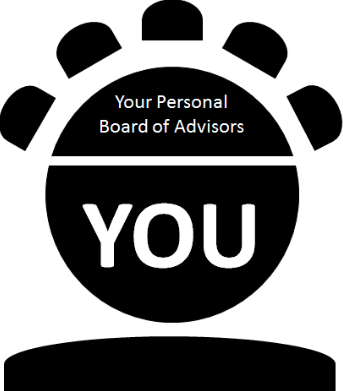I have begun to ask school leaders and edu officianados this question: Since all students K-12 could theoretically choose to go to online school tomorrow, what are you doing at your school today/and or tomorrow that would make them still want to come to a Face-to-Face learning environment?
In other words, what are any schools doing that cannot easily be replicated online? Naturally, things like direct instruction, assessments, readings, activities can be easily conducted online. Heck, even collaboration and projects can be done digitally right?
However, we may want to acknowledge that FTF environments could offer some advantages to students in terms of their skill development, experiences and real world preparation. Here are a few things that schools may want to consider maximizing if they hope to keep students coming and attending their FTF environments:
Pro Gear / Equipment / Technology / Resources:
However, we may want to acknowledge that FTF environments could offer some advantages to students in terms of their skill development, experiences and real world preparation. Here are a few things that schools may want to consider maximizing if they hope to keep students coming and attending their FTF environments:
Pro Gear / Equipment / Technology / Resources:
Consider things that would not probably be available at home. Although things like 3D printers are becoming more affordable and available for home use, what about welders, plasma cutters, high-end cameras, studios, specialized software, maker spaces, STEAM/STEM labs and so much more? Schools should be seeing what is happening both in industry and the real world and offer students that access at school. All of our schools need to have pro labs in a variety of areas that cannot be found at home or online. If not, they may not see the value or relevance.

Industry Partners / Work-Based Experiences / Community Networks
Community and work-based projects and opportunities are not only powerful, but necessary to the future of our students’ skill sets for future careers. Schools have the ability and the capacity to forge partnerships with employers, industry leaders, non-profits, community groups and so many others that individual students cannot necessarily facilitate on their own. The more professional relationships and partnerships schools can foster for their students, the more value they will have.
Power of the Cohort
Power of the Cohort
Online communities can be highly collaborative, personalized and meaningful. But students are still highly attracted to social experiences and environments that are engaging and meaningful. We can’t just fall back on the automatic socialization of the traditional comprehensive high schools, but rather can we create FTF opportunities where students can be individually and collectively involved on teams, collaboratives, groups and partnerships that have a common purpose and collective experience? Remember Maslow’s Hierarchy of Needs and our desire to belong. All of us, students especially, have this innate desire to belong. Our role is to create meaningful opportunities for all students to belong to something that is relevant to their future and engaging to their souls. Right now, there are lots of students coming to school only for their participation on athletic teams, performance groups and others. Our challenge is to bring that experience to our educational programs. Things like Career Technical Education, Project-Based Learning and others done right could go along to do this.

Relationships / Mentoring
Again, one can have quality relationships online and in one’s own PLN. However, nothing may be more powerful than a highly engaged teacher-student relationship. Teachers have to see themselves as mentors maybe above all. Students are starving for positive and meaningful relationships with positive adults outside their family or social structure. All students need a PPM (Personal Professional Mentor) or three. They need someone who is going to truly shepherd them through the complexities of career exploration, social interactions, life choices and more. Traditional high school counselors work to do this, but have hundreds of students on their caseload. In the world of Career Technical Education and Project-Based Learning, students can become part of smaller cohorts and teams that provide them that consistent adult leader, guide and mentor. Too many of our high school students go through our schools without this experience or guidance. Online networks and digital communication is powerful and necessary, but personal contact with a teacher/mentor over time with a collective purpose is life-changing. If we ignore this fact, more and more students will opt for something other than coming to FTF school. If we embrace it, and create systems around it, they will flock to our programs.

Creating The Challenge / The Situations
Online communities have the power to do this and do this quite well. We need to bring the gaming mentality to our FTF programs. Students are looking for (although they may not articulate it the same way) opportunities to compete and respond to real world challenges. Whether it be contests, competitions, challenges or others, we have the power to create and facilitate situations for our students that are real world and include interaction, recognition, competition, feedback, socialization, networking and growth. Again, areas such as Career Technical Education and Project-Based Learning do these naturally. We can’t leave the challenge or competition to the electives or after school activities. All students need this in all of their academic endeavors. If we don’t bring this mentality and intensity to all of our school programs, more will choose to opt for the online schooling choice where they can at least get this through gaming and other digital means.

There is nothing wrong with students doing online school exclusively. However, we need to be able to articulate to students what FTF school can offer them that they may not be able to get online. And as more and more students opt for online school, our FTF programs will have to maximize those unique strengths their programs have in the above areas or more.

Comments
Post a Comment